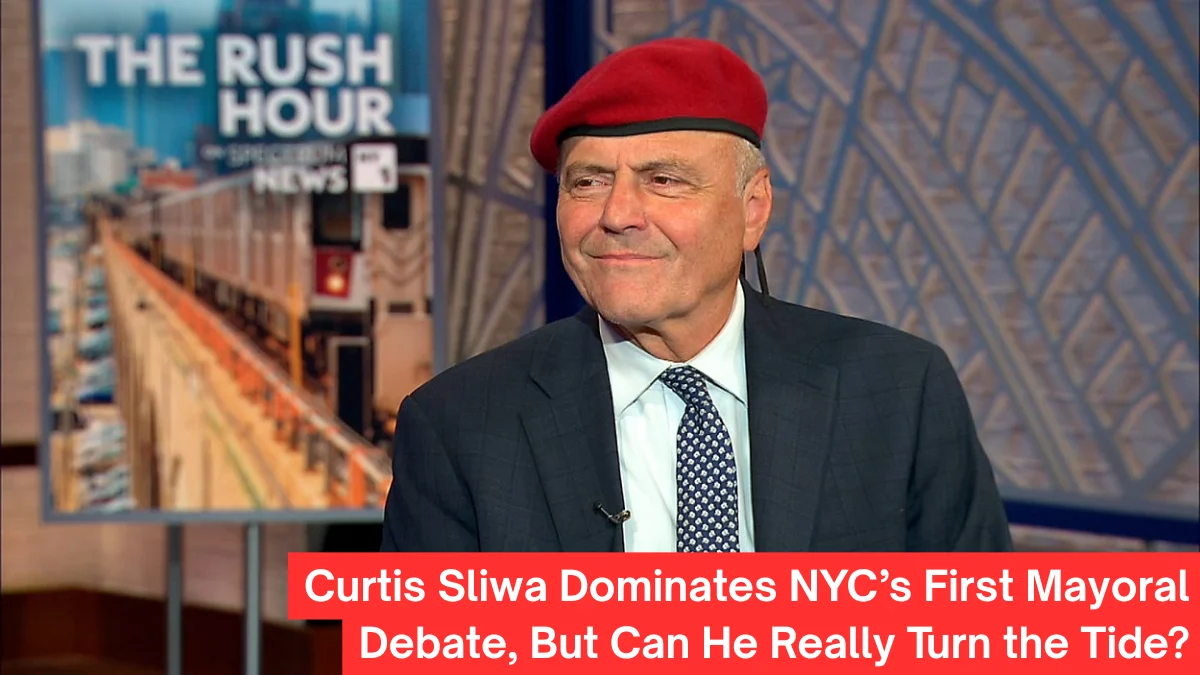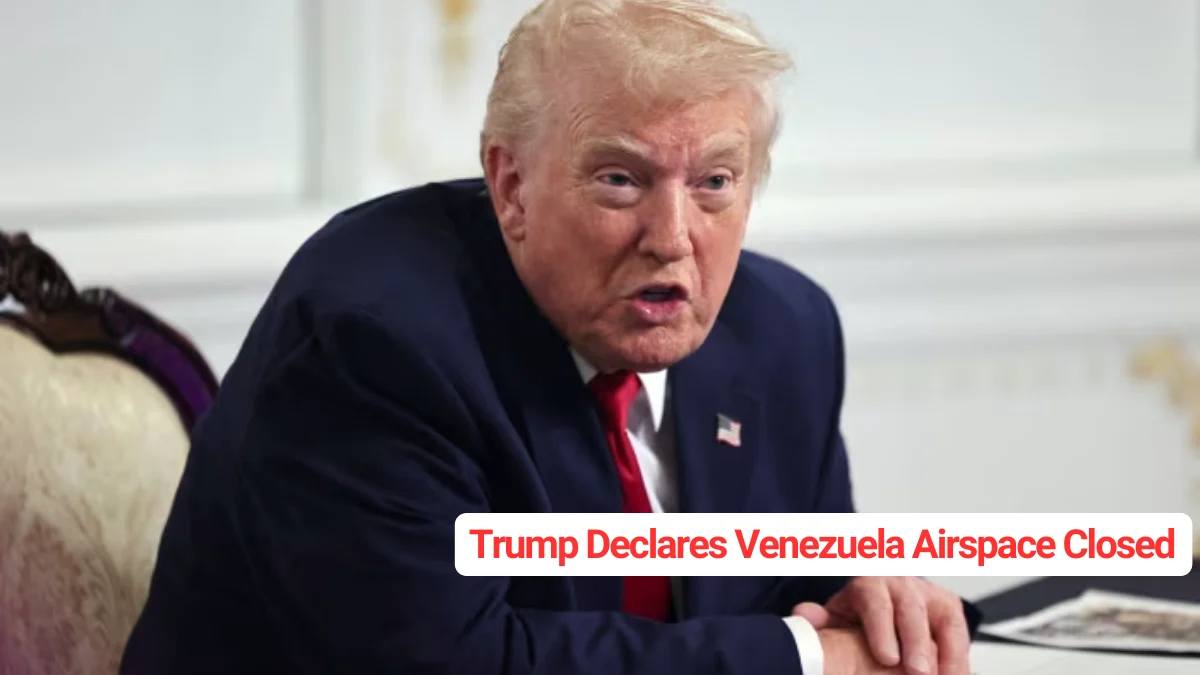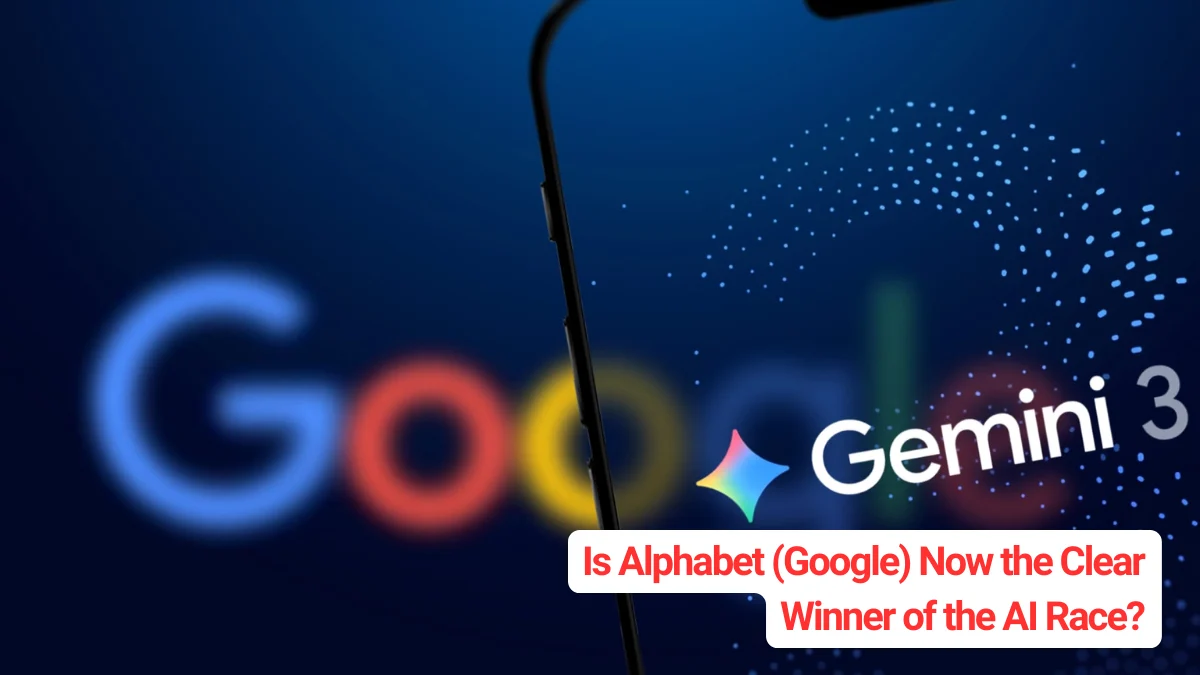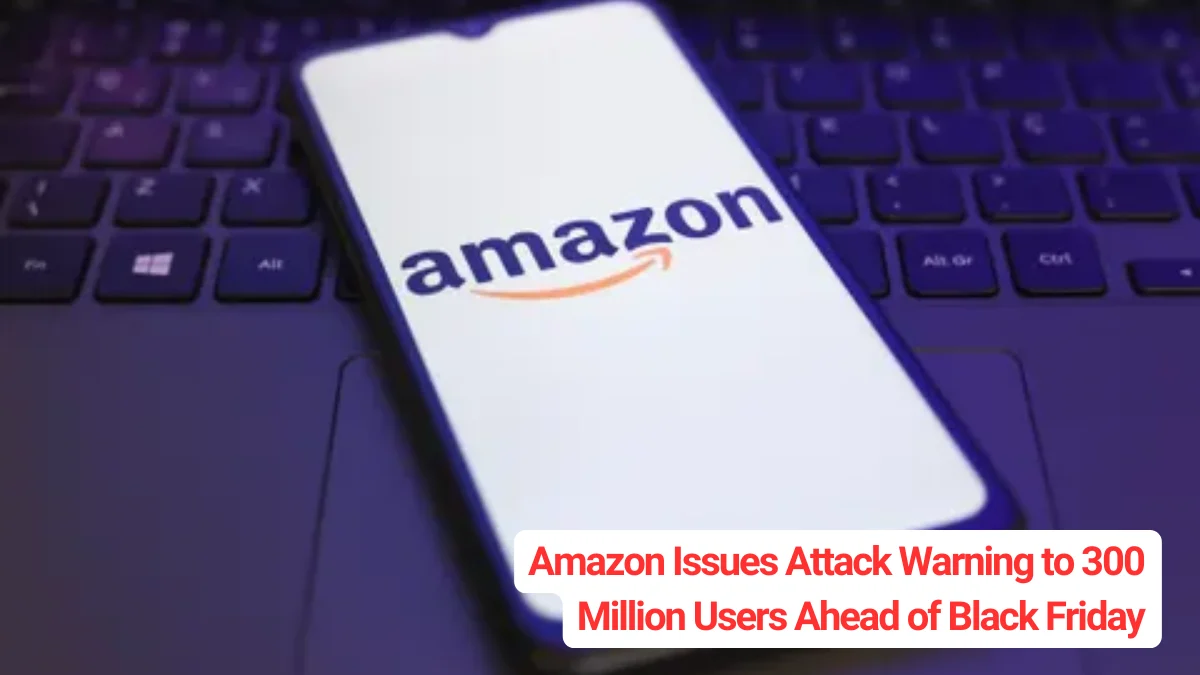New York City’s first major mayoral debate on October 16, 2025, turned into a lively face-off filled with tension, humor, and heated exchanges.
While front-runner Zohran Mamdani and former Governor Andrew Cuomo traded personal jabs, it was Curtis Sliwa, the 71-year-old founder of the Guardian Angels, who stole the spotlight.
Known for his signature red beret and old-school street energy, Sliwa transformed the stage into his comeback platform.
Polls may place him around 13–15%, but online, he’s become the center of attention hailed by some as the last protector of NYC and dismissed by others as a distraction.
Key Takeaways
- Curtis Sliwa grabbed attention with sharp one-liners and old-school grit despite being third in polls.
- Mamdani led with 46%, pushing progressive policies like rent freezes and free transport.
- Cuomo trailed with 33%, aiming to rebrand as an independent while facing past scandal talk.
- Social media erupted with Sliwa’s quotes, memes, and viral clips dominating debate buzz.
- Vote-splitting fears grew among conservatives, worrying Sliwa might clear Mamdani’s path.
Sliwa’s Classic Comeback
Dressed in a formal suit instead of his iconic beret, Sliwa promised to talk about affordability and safety, calling himself “a serious contender.”
But his trademark bluntness stayed intact. Interruptions, raw humor, and nostalgia made him stand out. One of his viral lines compared New York’s 311 hotline to an old Public Enemy lyric: “911 is a joke? 311 is a bigger one you call and wait forever.”
Mamdani, 33, pushed bold ideas like free buses and universal childcare, while Cuomo accused him of “socialist chaos.” Sliwa didn’t spare either branding Cuomo as a “scandal machine” and Mamdani as “too extreme for NYC.”
When asked about working with President Donald Trump, Sliwa said he would “sit and negotiate,” striking a more practical tone compared to his rivals’ confrontational stands.
What Had New Yorkers Talking
1. The Pataki Shoutout: Sliwa naming George Pataki as his favorite modern president went viral, showing his old-school loyalty.
2. Cuomo’s Scandal Revisited: Sliwa’s jab about Cuomo’s harassment cases echoed through the debate, reinforcing the trust issue.
3. Mamdani’s Gaza Clarification: The front-runner defended his past comments, but Sliwa quietly tied them back to safety concerns.
4. Cost of Living Clash: Sliwa proposed converting empty offices into housing, contrasting Mamdani’s rent freezes and Cuomo’s income caps.
5. Trump Question: All three pledged to deal with Trump’s policies differently, with Sliwa taking a negotiation-first approach.
Social Media Buzz
After the debate, X (formerly Twitter) exploded with reactions. Hashtags like #NYCDebate and #VoteSliwa trended across the platform.
A clip of Sliwa praising Pataki gathered 4.8K likes, while a meme thread joking about a “Sliwa-Adams buddy cop show” got over 2K likes. Still, not everyone was impressed.
Critics accused him of splitting the anti-Mamdani vote, with some calling his campaign “an ego trip.”
Yet, his supporters doubled down. His camp reported a 64% fundraising surge, calling Sliwa the “people’s firewall against chaos.”
Fans admire his legacy with the Guardian Angels and his call to hire 7,000 new police officers. Others mocked his focus on appearance and his public spat with Trump, but his nostalgia-driven base stayed loyal.
The Road Ahead
Despite the buzz, numbers still pose a challenge. Analysts say even with growing online momentum, Sliwa’s real ceiling sits around 11% among Republican and independent voters.
If he stays in, Mamdani’s chances improve; if he drops out, Cuomo could surge. With early voting approaching, the city’s political future could swing on a few percentage points.
Sliwa’s not a polished politician and that’s what his supporters love. In a race crowded with slogans and scandals, he remains the streetwise fighter from the subways.
Whether nostalgia can overcome math is what New Yorkers will decide in the next debate.








